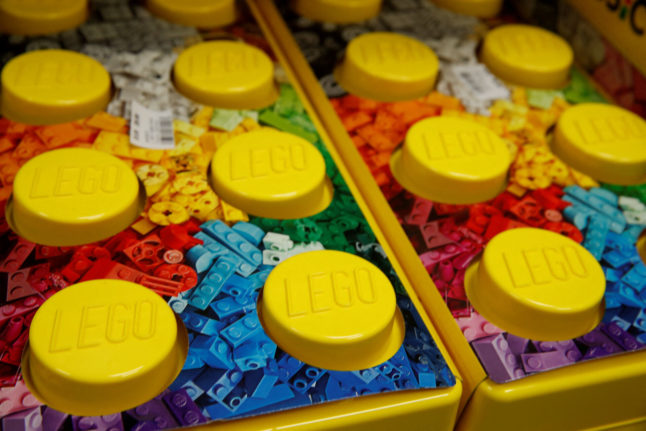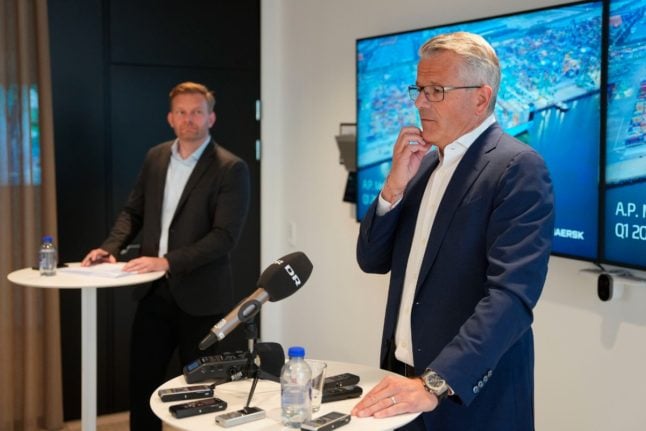Lego has dropped plans to switch from oil-based plastic in its products to the renewable RPET plastic, CEO Niels Christiansen said in an interview with the Financial Times.
It is not possible to make a switch to RPET from the ABS plastic currently in use within the framework of sustainable production, according to the director.
“We have tested hundreds of materials” but without finding the type needed for purpose, he said.
In early 2020, Lego said it had committed to carbon neutral production within the next ten years.
The company said at the time that, by 2030, all Lego bricks would be manufactured from sustainable plastic made from materials such as sugar cane or wood, replacing fossil fuel-based plastics.
READ ALSO: Lego to turn all its bricks ‘green’ by 2030
But attempts to use RPET have shown that production with the material would in fact result in higher CO2 emissions, it said.
Legos told news wire Ritzau that the setback with RPET plastic does not mean it has scrapped its ambition of finding more sustainable plastic materials.



 Please whitelist us to continue reading.
Please whitelist us to continue reading.
Member comments